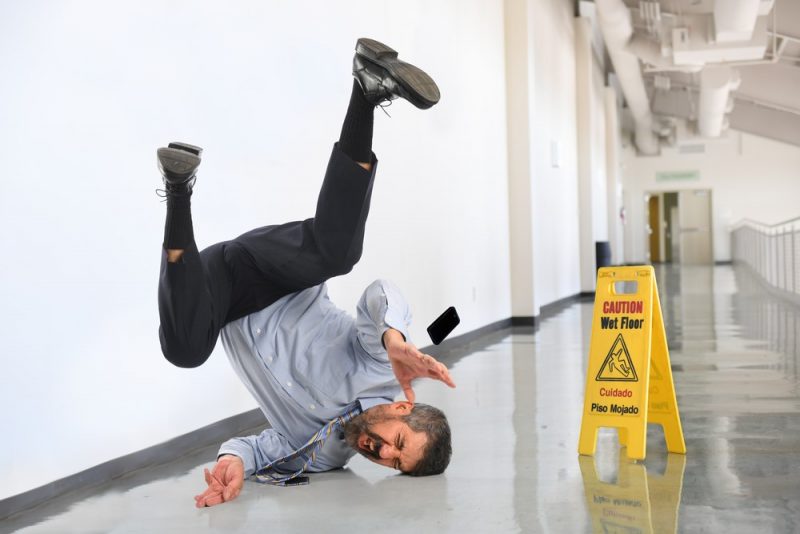An unfortunate slip and fall accident is something that many people experience at least once in their lives. If you suffer severe injuries during the accident, you may be too focused on recovery to take immediate legal action. However, you may soon realize the need to cover your medical bills so you’ll need to file a claim.
According to OnMySide.com, individuals have a duty of care to avoid exposing others to harmful situations, and if they breach that duty through negligence they may be held civilly liable. The same goes for stores and corporations.
After an accident, you will only be able to file for a lawsuit after a slip and fall within a specific time limit. The period within which you should file your lawsuit is also determined by whether your accident occurred on government-owned or private property.
About The Statute of Limitations
The statute of limitations is a law that determines the deadline for bringing a matter into legal action, and it may vary from one state to the other. This period can last from a few months to several years. You may want to consult with a lawyer or attorney regarding the statute of limitations in your state.
Why It Is Advantageous to Take Quick Legal Action
Although many people prefer to focus on their recovery immediately after an accident, there are many reasons why it is advantageous to take legal action sooner rather than later. The first is gathering adequate evidence regarding the accident. Failure to make a timely claim could mean that your witnesses’ memories will fade by the time you get to court.
Another reason you should file quickly is the fact that evidence could disappear by the time your court date arrives. An example of this would be a property owner who fixed loose floor tiles after you tripped, but before you could get proof. Without adequate evidence, the effort to make your claim may be futile.
It is also essential to seek medical attention immediately after the accident. Failure to do so may make it difficult to prove that an injury occurred due to the accident.
Filing as soon as possible also increases your compliance with the statute of limitations, especially in states where they give limited periods. You are also likely to receive your compensation sooner if your claim is successful.
When Does the Statute of Limitations Begin to Apply?
In most cases, the statute of limitations begins on the same day that the accident occurred. It may also begin when your injuries were discovered if it can be proven that they were discovered within a reasonable timeframe. This exception is known as the “discovery rule.”
There are provisions for the extension of the statute of limitations, but it only happens under exceptional circumstances. Usually, it is extended if the plaintiff was a person with mental illness or a mentally disabled person immediately after the accident or if he or she was a minor.
What if I Fail to File My Lawsuit on Time?
Failure to comply with the statute of limitations could result in severe consequences. Failing to meet the deadline could cause the court to dismiss your case as soon as it begins. You may even have to pay back the defendants’ cost of defending an overdue claim.
If you or a loved one has experienced injuries after a slip and fall, a lawyer can also help you get the compensation you need to pay for your medical bills and resume normal activities. The sooner you have what you need to cover your damages and future medical bills, the sooner you will be able to get on the road to recovery.
By Nick Breeden

